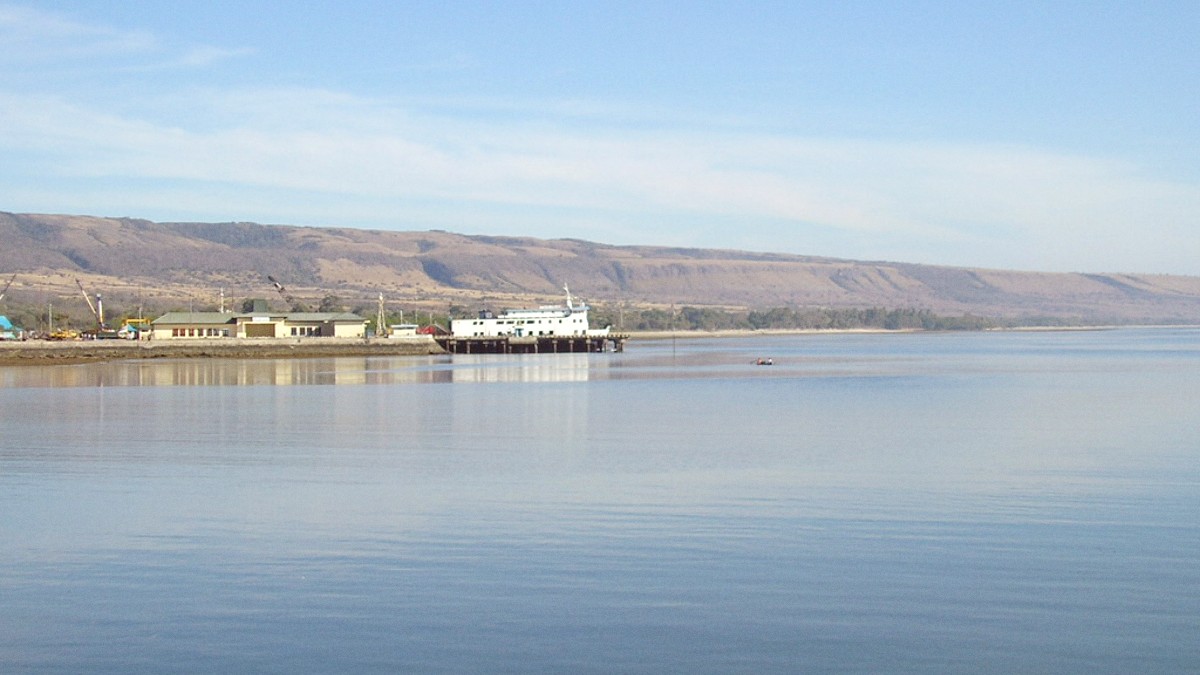
Nusa Tenggara, Indonesia
Basic rooms in local family homes, often including meals. Offer authentic cultural immersion, direct glimpse into daily Sumbanese life. Found around traditional villages. Simple amenities: bed, mosquito net, shared squat toilets, bucket showers.
Simple, locally run establishments with private rooms. Often include a fan or basic air conditioning, sometimes private bathrooms (squat toilet, cold shower). In larger towns. A step up in privacy from homestays, budget-friendly.
Mainly in Waingapu and Waikabubak. Offer standard amenities: consistent air conditioning, hot water, private Western-style bathrooms, sometimes a restaurant. Comfortable option with more amenities than a guesthouse, without high resort cost.
Limited but may be available through platforms like Vrbo or Airbnb in main towns. Offer more space and kitchen facilities for longer stays or families.
Growing number of higher-end, sustainably focused options. Often in picturesque, remote coastal areas. Nihi Sumba and Lelewatu Resort Sumba are famous. Offer unique design, modern comforts, pools, high-quality dining, organized tours.
Consider Hostelworld for budget accommodation or TrustedHousesitters for house/pet sitting exchanges if available.
Not widely available or organized for tourists. Formal campsites with facilities are uncommon. Camping might be possible in remote areas with explicit local permission and proper preparation for self-sufficiency.
For broader options, utilize global platforms like Booking.com or Agoda. For chain hotels, IHG Hotels may have properties.
Sumba divides into regencies, with main tourist areas typically in towns and along the southwest coast. Each area has a distinct character.
Mainly rural and less developed for tourism infrastructure. Known for Lapopu Waterfall and some traditional villages that see fewer visitors.
Very limited accommodation and services. Best visited as a day trip from either Waingapu or Waikabubak rather than as a base for an extended stay.
Strategic planning for your Sumba accommodation helps secure preferred options.
Prices for accommodation generally increase during the high season (June-September) due to greater demand.
Prices may also rise around major local festivals like Pasola, or during Indonesian national holidays.
Expect lower prices during the low season (wet season), offering good value for budget-conscious travelers.
Sumba provides diverse lodging experiences for every journey, from deep cultural immersion to luxury retreats.
Authentic experiences at minimal cost.
Comfort and convenience without premium pricing.
Exclusive retreats with high-end services.
Spacious options for group travel.
Homestays or guesthouses for social interaction and safety.
Guesthouses with kitchen access in main towns. Inquire about weekly or monthly rates.
Homestays foster authentic cultural exchange and direct local support.
Your choice of base influences daily exploration and access to specific areas.
Stay within a traditional community (e.g., Praijing, Ratenggaro).
Gain deep insights into local traditions and daily life.
Directly support local families and their heritage.
Some culturally rich areas also stand in scenic surroundings.
Your base influences daily exploration. Waingapu for East Sumba trips. Waikabubak for West Sumba villages. Southwest Sumba for beaches and resorts. Central Sumba typically for day visits.
Amenities vary greatly by price and location. Consider what level of comfort and service you desire for your journey.
A comfortable guesthouse in Sumba provides a welcoming stay for travelers, a practical base for daily excursions.
Experience deep cultural connection through local family homes, direct support for local communities.
High-end options blend comfort with natural beauty and curated services.